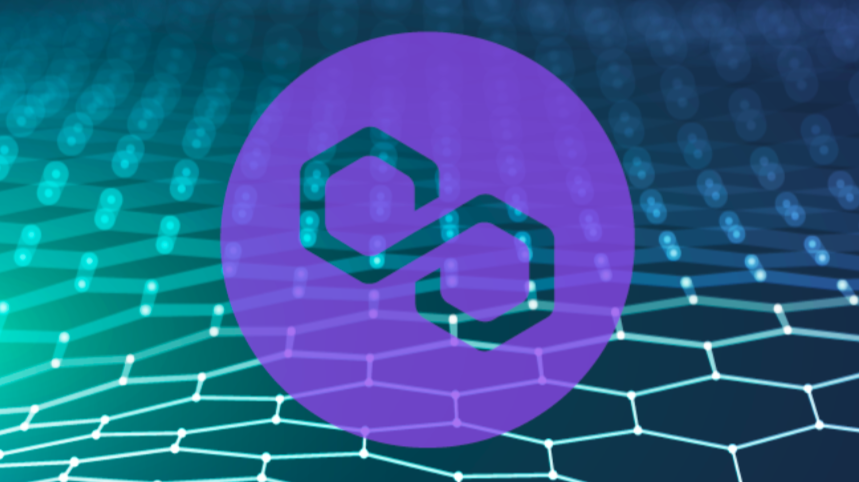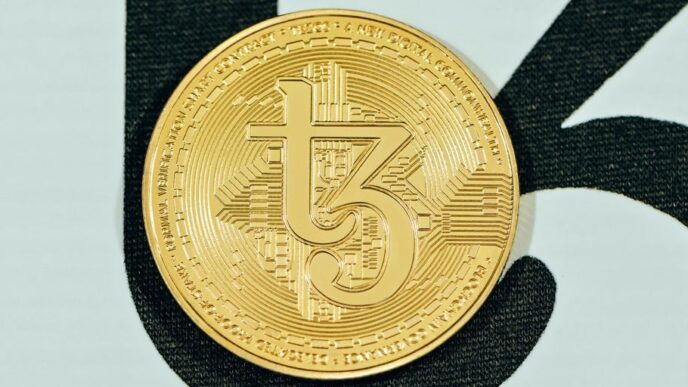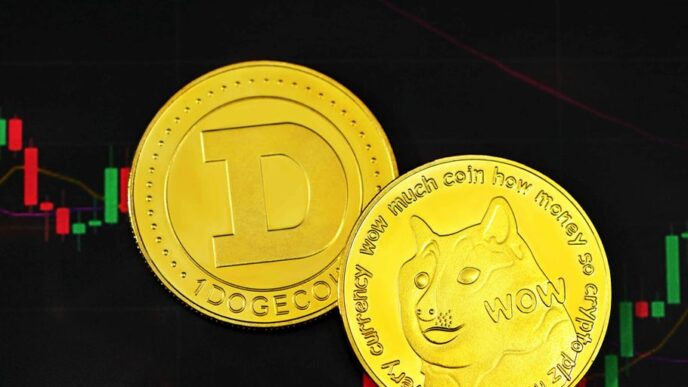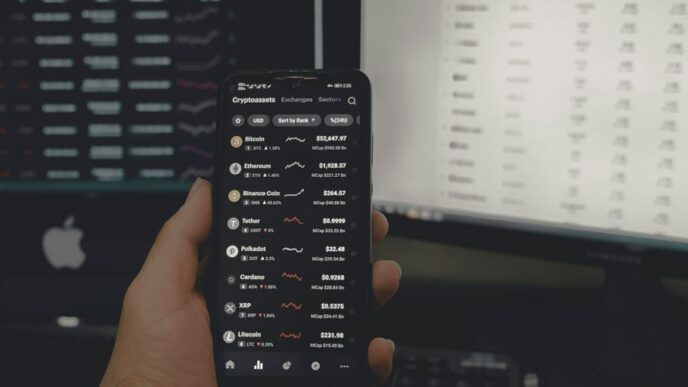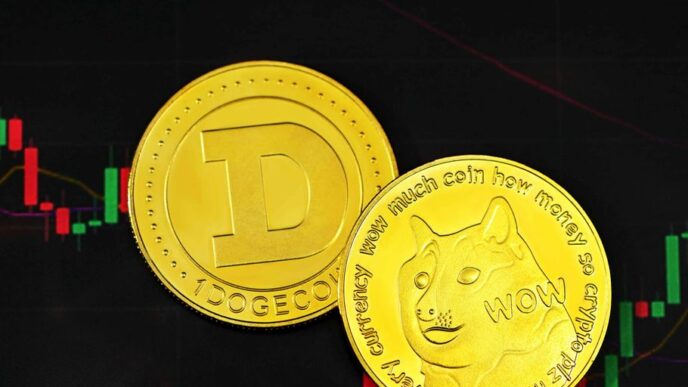Scalability is still a key issue in the rapidly developing field of blockchain. Addressing scalability-related challenges is becoming increasingly important as decentralized apps (dApps) and blockchain networks gain traction.
One solution that has emerged to tackle this issue is the Polygon Chain Development Kit (CDK) for creation of rollups with interoperability benefits.
Polygon CDK: A Game Changer
Polygon CDK, often referred to as the “Internet of Blockchains,” aims to provide solutions to these scalability challenges. It’s an Ethereum Layer 2 scaling solution that offers a framework for building interconnected rollup chains.
Polygon offers a variety of solutions to address the scalability challenges that traditional blockchain platforms face. One of the key components of Polygon is the rollup Chain Development Kit (CDK), which plays a crucial role in enabling scalability and fostering the development of decentralized applications (DApps).
- Layer 2 Scaling Solutions: The CDK primarily focuses on layer 2 scaling solutions. Layer 2 solutions work alongside the main blockchain (in this case, Ethereum, Polygon zkEVM/Validium) and operate on separate chains.
These Rollups are designed to handle a substantial portion of the transaction load, relieving congestion on the base chain.
Interoperability: One of the core features of the CDK is its ability to provide interoperability between the Ethereum mainnet and the other chains within the Polygon ecosystem. For developers and consumers, it is easier because of this interoperability, which enables assets and data to flow between chains with ease.
- Security: Rollups always have higher security because of the underlying mainchain. And because of L1 call data secured by ZKPs, the privacy is better taken care of. Plus, you have more blockspace.
- Developer-Friendly: Polygon CDK aims to be developer-friendly, offering tools and resources to make it easier for developers to build and deploy DApps on the network. The blockchain ecosystem is encouraged to innovate and expand by this enhanced accessibility.
- Scalability and Cost-Efficiency: By providing layer 2 scaling solutions, Polygon CDK significantly improves the scalability and cost-efficiency of blockchain Transactions on rollups costs less compared to mainchain and the transaction speed is a multipleX higher.
- DApp Ecosystem: Polygon CDK is designed to support various DApps, spanning multiple use cases. Because of its higher security, dApps with more security requirements can move to the rollup chain with better scalability and low fees
Real World Applications
- Canto: Canto On Cosmos was an L1 network. It just moved to an Ethereum L2 with Polygon CDK to concentrate entirely on developing neofinance for the on-chain adoption of physical assets.
- Astar Network: With Polygon CDK, Astar Network intends to provide Astar zkEVM, or zero-knowledge Ethereum virtual machine, to bridge the Ethereum and Polkadot ecosystems.
- Palm Network: Palm Network provides NFT (non-fungible token) infrastructure and an Ethereum sidechain. It is now transitioning to a chain based on Polygon CDK.
Conclusion
Though launched just a couple of months back, Polygon CDK is seeing some good adoption from big names. Some are moving from web2 to a rollup Chain, some are migrating from their existing blockchain infrastructure. Though there are still issues with production grade CDK chain development, the support it has gained is commendable. What we expect is, by next year or so there will be thousands of new rollups deployed and Polygon CDK may power a major chunk of that.

